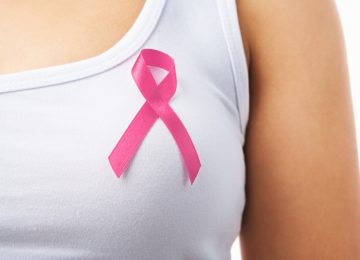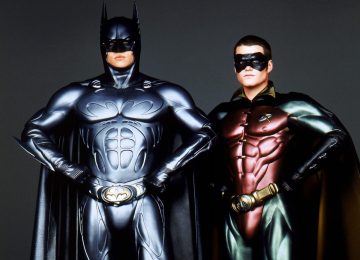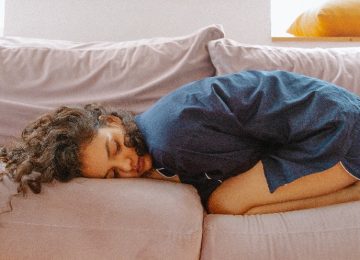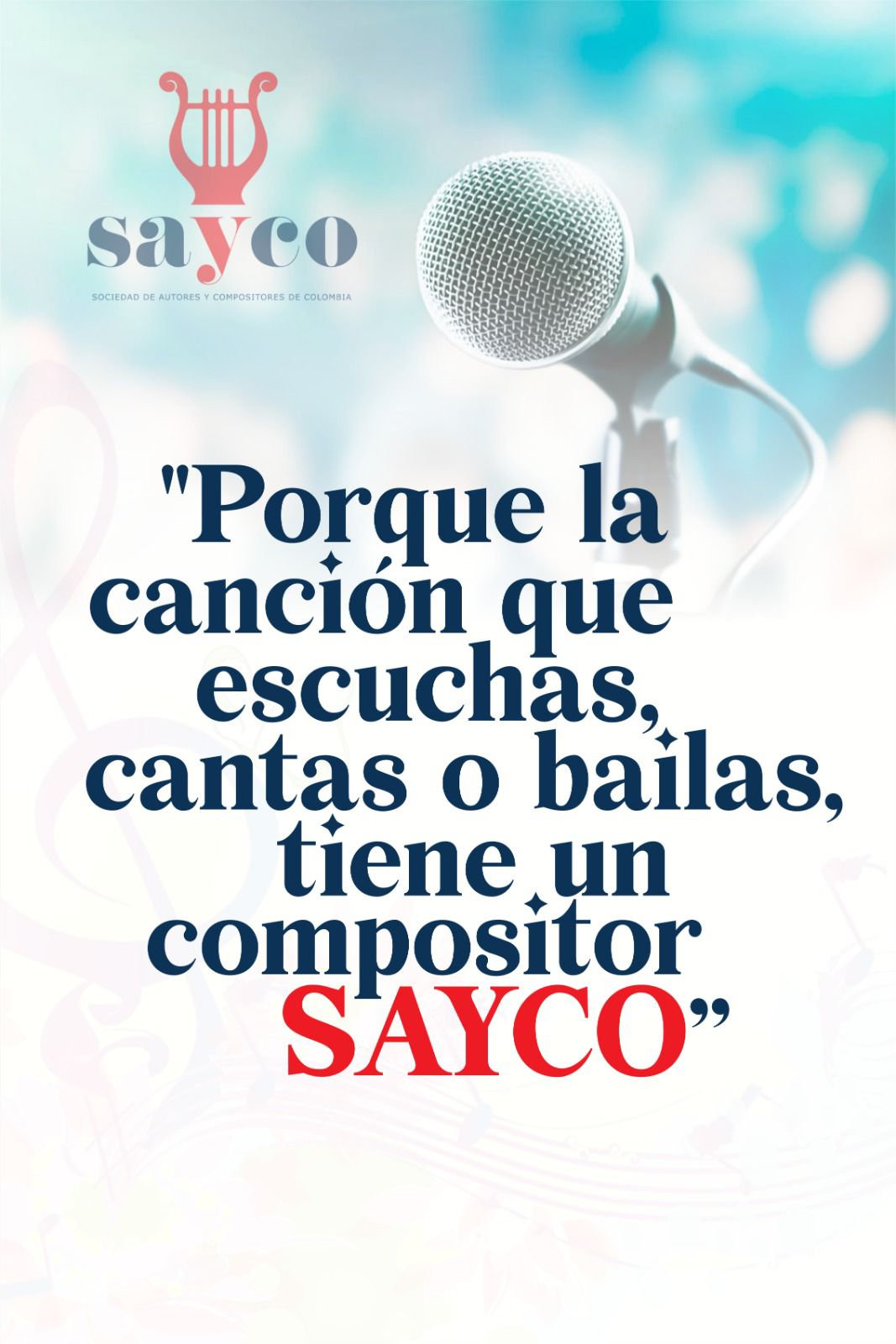As a mother, the problem of sexual abuse affects me, especially when the victims are children. It is something reprehensible and disturbing and, from my experience as a columnist for Sin Recato, I feel a greater social commitment to contribute to its eradication.
I am proud to share with you that on Saturday, September 17, on behalf of our website I was invited to participate in a ‘Master Class’ with the purpose of raising awareness against child abuse and MAP (Minor Attracted Person).
The promoters and managers of this initiative are: José Ernesto Katsinis and Patricia Adriana Rodrigo, an adorable couple who lives in the province of Salta, Argentina, and César Augusto Romero Palacio, a professional in occupational health and safety, Venezuelan by birth and from Barranquilla by heart, who is the director of Instructores Unidos (tr: United Instructors), an international educational movement, dependent on the company Fénix Life Corporation.
They are not psychologists yet it is valuable to recognize that other professionals care about children. Patricia says that they love this work: “We like what we do and we put a lot of enthusiasm, energy and love into it”. Patricia and José are coordinators of the Psychology Department of Instructores Unidos, they are part of Fénix Life Corporation and the Red Solidaria Policial de Argentina (tr: Police Solidarity Network of Argentina).
Due to this, I would like to share with you our contribution to the virtual exhibition focused on ‘Sexual education and prevention against child abuse’. In future columns, I will publish valuable information from these excellent professionals.
First, in order to prevent child abuse, I must tell you about the kinds of abuse:
1. Physical abuse: slapping, spanking, pinching, kicking, pushing, shoving, shaking, pulling hair, among others.
2. Psychological abuse: exposure to situations of partner or family violence, and over-demanding or over-protection.
3. Negligence: failure to meet basic needs of children, such as food, clothing, hygiene, protection, education, even when the necessary means are available.
4. Child labor: activities that exceed the usual limits and should be performed by adults, and those that interfer with the child’s social and educational activities.
5. Commercial sexual exploitation: when minors under 18 years of age perform sexual acts and adults pay with money or in kind.
6. Sexual violence: any act or behavior of a sexual nature that is performed on children or adolescents using physical, psychological or emotional pressure.
The Colombian Institute of Family Welfare, ICBF, says that an act of sexual abuse is not only the physical act but also encouraging a minor to touch, inappropriately, an adult and/or generate verbal seduction. Exhibitionism, production of child pornography, voyeurism and exposure of the child to pornography are also forms of sexual abuse.
The American Psychological Association (APA) and the World Health Organization (WHO) state that most victims and perpetrators know each other.
A report of the National Institute of Legal Medicine and Forensic Sciences states that, between January and April of this year, 6.588 children were sexually abused in Colombia and 5.756 of them were girls. Sexual assaults occurred in minors ranging from Early Childhood (0 – 5 years): 813; Infancy (6 – 11 years): 1953; and Adolescence (12 – 17 years): 3.822.
How to identify if a child or adolescent is being abused?
Some signs that a child or adolescent is being abused, according to the Childhood and Adolescence Code, are:
Physical signs: body pain, bumps, bruises, burns or wounds, difficulty walking or sitting, enuresis (involuntary urination at an age where the kid controls sphincters) or encopresis (repeated involuntary bowel movements).
– Behavioral signs: loss of appetite, sleep disturbances, hyperactivity, aggressiveness, school problems, crying, resistance to undressing or bathing, social isolation.
– Emotional signs: sadness, irritability, fear, hatred, feelings of guilt, helplessness, shame, frustration.
– Sexual signs: precocious behaviors or sexual knowledge inappropriate for their age, refusal of caresses, kisses and physical contact.
There are children who show no signs of abuse (physical, emotional or sexual) yet are also abused. Our duty as adults is to support them in this difficult situation.
In Colombia, the entity that watches over the safety and integrity of all minors is the ICBF, within its functions is to receive reports of cases of child abuse and other risk behaviors.
In case of an emergency, there is the National toll free line 141 where children or adults can report a complaint or ask for guidance in situations that affect or threaten the life and integrity of children and adolescents. Additionally, there is the national toll free line ICBF: 018000918080 available 24/7.
Sex education for children or adolescents is not only the responsibility of the school or teachers. From home, parents should teach their children to take care of their bodies:
– Call things by their name: teach them the names of all body parts, such as penis, vagina, buttocks. If you call the penis “willy”, or the vagina “flower”, the child may distort reality and think there is something wrong with the right name.
– Do not force them to say hello: sometimes, we parents force our children to give hugs and kisses to relatives or friends they barely know. Children have every right to accept or not accept who they greet.
– Teach them self-care: if someone touches them inappropriately, let them inform you or a trusted adult, and they will understand that your duty as a parent is to protect them from any abusive situation.
– Good touch vs. bad touch: good touch is when you show love to others through things such as hugging or holding hands; and bad touch is anything that is uncomfortable such as hitting or touching your genitals. If you sense a bad touch, you should say NO and tell your parents about it.
– Important tip: repeat, frequently, that it is NOT good for someone else to look at or touch their private parts, teach them that those are the ones covered by the bathing suit. Tell them that you will always listen to them, believe them and protect them.
– Watch out for electronic devices: keep an eye on the apps your child uses and block adult content. In this digital age, children are more exposed to pornography.
– Curiosity: children ask questions, and the answers we give them depend on their age and capability to understand. When they ask you, do not laugh, do not be angry and do not ignore them because you will embarrass them and, therefore, they will lose their confidence.
If you need help, consult a professional. It is important that your child receives answers that guide them, not confuse them. You should make them aware of the dangers they are exposed to and repeat that they should NOT talk to strangers or accept candy or gifts. As parents, you should be alert to any sudden change in mood or state of mind or any discomfort in your kids’ private parts.
Children should NOT go to the store alone, stay home alone or in the car while shopping, play in the street unsupervised, or be left in the care of another child. Our duty as adults is to protect all children we see in danger, it can be your child, your nephew, your grandchild or the child of your best friend. After all, being a child in these times is a real danger.
Traducción del español: Catalina Oviedo Brugés
















